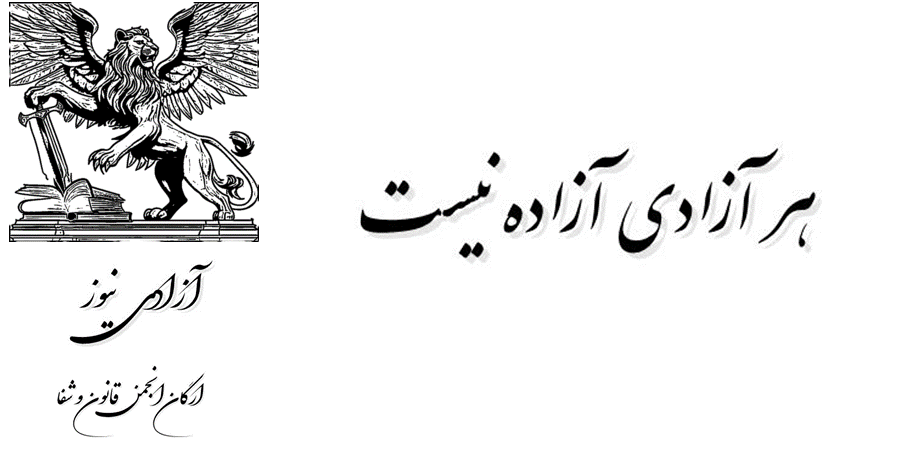Dr. Bozorgmehr Zandi
Islam, as one of the major factors of unity in the Middle East and a divine religion that fosters spiritual closeness to God, is respectable. In the philosophy of Islamic governance, limitations on civil rights, expansion of commercial rights, consolidation of governing authority, and restrictions on women’s rights are fundamentally envisaged. This means that Islamic governance inherently anticipates restrictions on the civil rights of non-Muslim citizens, women, and even ordinary people.
The principles of caliphate and absolute guardianship, symbolizing the limitation of individuals’ civil rights in participating in public decisions, diminishing the importance of councils, reducing the stature of social protests, and similar effects, are consistent across Islamic governments regardless of their titles such as Amir, Ayatollah, Mullah, Sultan, Caliph, or even President for life.
However, Islam does not impose constraints on trade and the economy.
The focus of this short article is to examine the possibility of defending civil rights under the umbrella of Islam. While Islam has executive potential, its inflexibility due to the stabilization of religious principles such as hijab, caliphate, and other fatwas related to consumption and drinking makes reform difficult, if not impossible. Islamic governments, with a history of bloody conflicts and social violence, such as the recent Taliban government, have employed non-civil means, including suicide operations, to attain power.
Having a serious non-civil history makes defending civil rights particularly challenging for governments under the Islamic umbrella. This does not imply a refusal of reforms; the Islamic Republic has reluctantly accepted some reforms during its rule, albeit with resistance from the civil resistance. However, overall, Islamic governments in the Middle East face a serious deficiency in their background when it comes to defending civil rights.
In general, the existence of secular and/but religious and rights-friendly structures is crucial for defending the civil rights of the people in the Middle East. While these structures may not be desirable for dictatorial governments, they can contribute to civil awareness in the Middle East through civil advocacy.
